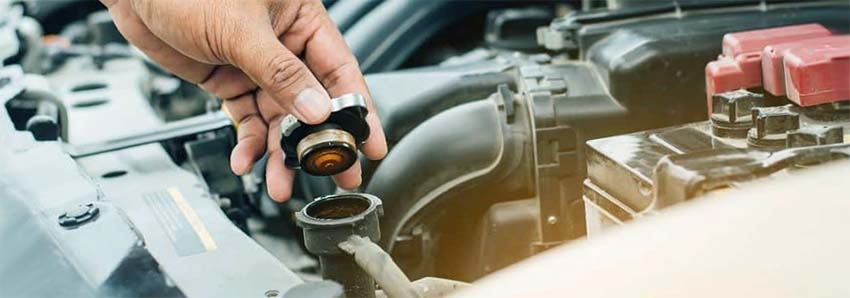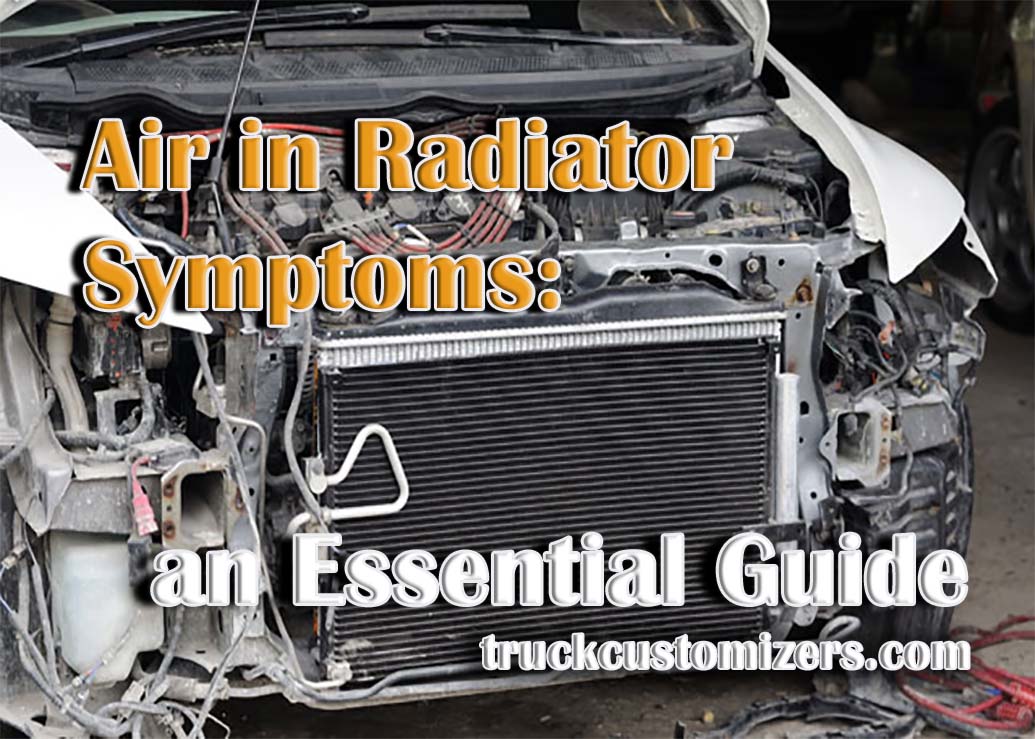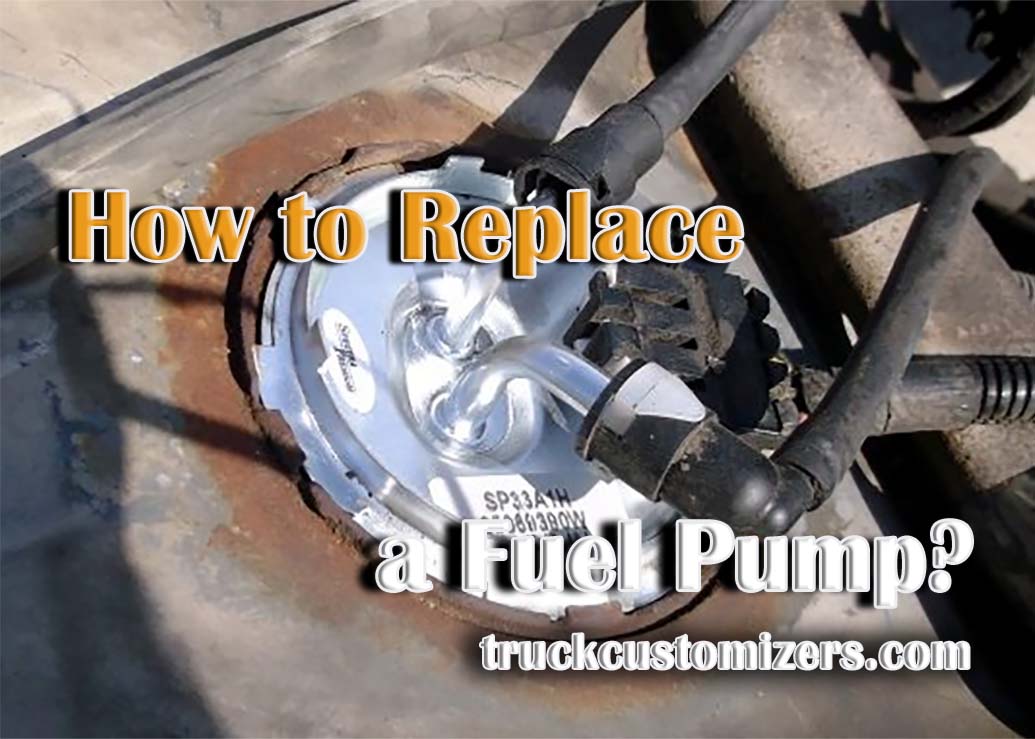The radiator is a critical component of a vehicle’s cooling system. It serves a pivotal role in maintaining the engine’s temperature, ensuring it operates within an optimal range. The radiator’s function is to dissipate the heat absorbed from the engine by the coolant. The heat is transferred from the hot coolant to the air blown by the fan, thus cooling the engine and preventing it from overheating. An efficiently functioning radiator is crucial for the overall health and performance of the vehicle. Therefore, choosing high-quality radiators, such as the Best Radiator for Ford vehicles, can significantly enhance the durability and efficiency of your vehicle’s cooling system, contributing to improved performance and a longer engine life.
What Causes Air in the Radiator?
Air can find its way into the radiator and the overall cooling system through various avenues. This could be due to a leak in the coolant system, where air is sucked in when the cooling system cools down. It could also be due to improper coolant levels, resulting in air being drawn into the system instead of coolant. Another common cause is a recent radiator repair or coolant change where the air was not properly bled out from the system. This entrapped air leads to an issue commonly referred to as an ‘airlock.’ Airlocks can disrupt the normal operation of the cooling system and, if not addressed, can lead to more serious issues.
Symptoms of Air in the Radiator
There are several signs that can alert you to the presence of air in your vehicle’s radiator. These symptoms include fluctuating temperature readings, where the temperature gauge intermittently rises and falls, or an overheating engine, especially during high-speed driving or heavy traffic. You might also notice a decrease in the efficiency of your vehicle’s heater, as the entrapped air prevents the hot coolant from reaching the heater core. Additionally, gurgling or bubbling noises coming from the radiator or the coolant reservoir, especially just after the engine has been turned off, can be a tell-tale sign of air in the system. Identifying these symptoms early can save you from costly repairs in the future.

Impact of Air in the Radiator on Vehicle Performance
The presence of air in the radiator can significantly impact the performance of your vehicle. When air bubbles form within the cooling system, they can create an airlock that prevents the coolant from circulating properly. Consequently, heat is not effectively dissipated from the engine, leading to overheating. Overheating can cause significant engine damage, including a blown head gasket, cracked cylinder heads, or warped engine components, all of which can lead to expensive repair bills. Furthermore, air in the radiator can also affect the efficiency of the vehicle’s heating system, reducing its ability to produce warm air.
Effective Solutions for Removing Air from the Radiator
Removing air from the radiator, often known as “bleeding,” is a straightforward process that can be performed at home or by a professional mechanic. It involves running the engine with the radiator cap open, allowing the trapped air to escape as the engine warms up. A special tool known as a “coolant funnel” can be used to make this process easier and more effective. Once the air has been removed, it’s crucial to top off the cooling system with the correct type and quantity of coolant. If the problem persists despite bleeding the system, it may be a sign of a more serious issue, such as a leak in the cooling system, which should be addressed by a professional mechanic promptly.
Preventive Measures and Regular Maintenance
Preventing air from getting into your radiator involves regular maintenance and vigilant monitoring of your vehicle’s cooling system. This includes regularly checking the coolant level and refilling it as necessary, ensuring the radiator cap and other parts of the cooling system are in good condition, and having the system professionally flushed and refilled every few years. Using high-quality radiators and components, can also contribute to a more efficient and reliable cooling system. Remember, a well-maintained cooling system is key to keeping your vehicle running smoothly and prolonging its lifespan.



